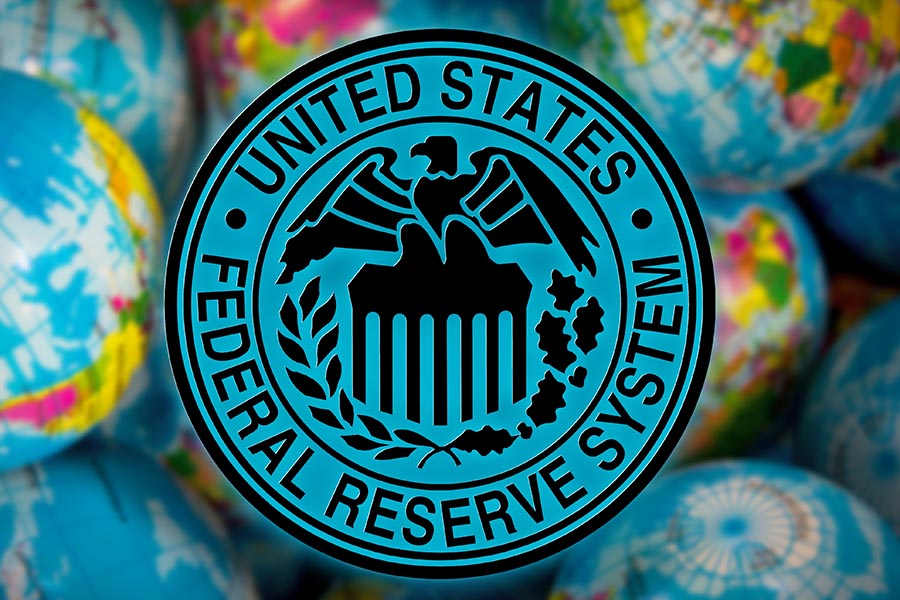
- The Federal Open Market Committee’s (FOMC) two-day meeting concluded on June 14, with another 25 basis-point increase, from 1.00 percent to 1.25 percent. This was the third increase in six months, with the anticipation that future hikes will come at a slower pace.
- While the Fed’s decision was anticipated and already accounted for by the market, what lies ahead is less than certain. The Fed is expected to increase rates again this year, but concerns over slow inflation may affect future decisions.
- Fed Chair Janet Yellen mentioned lower cell-phone and prescription-drug costs as the main drivers of falling inflation, the forecast for which has been downgraded for the remainder of the year. Nevertheless, the declining U.S. unemployment rate suggests that employment is reaching maximum levels, and consequently, employers need to raise wages to attract and retain workers. The increase in wages should drive up inflation gradually.
- Regarding the current state of the economy, the Fed is optimistic about the labor market, as well as business and household spending. Nevertheless, the recent declining trend in retail spending has been on experts’ radars, as they try to understand the impact of online shopping on consumers’ desires to frequent brick-and-mortar stores.
- While the Fed’s target rate is not the same as mortgage interest rates, it can impact mortgage rates. Generally, mortgage rates follow 10-year treasury notes, and both have been on a month-long decline. After yesterday’s FOMC announcement, mortgage rates increased slightly but are still near a 2017 low.
- Thirty-year, fixed-rate mortgages averaged 3.91 percent for the week ended June 15, according to Freddie Mac, up from last week when they averaged 3.89 percent. One year ago, 30-year, fixed-rate mortgages averaged 3.54 percent. However, since Freddie Mac’s survey captured information prior to the weak consumer price index release earlier this week, mortgage bankers are anticipating rates to trend lower again next week. The yield on the 10-year treasury has already declined to 2.15 percent following the data release.
Figure 1: Mortgage rate trends over the past year

Source: Freddie Mac
Selma Hepp is Pacific Union’s Chief Economist and Vice President of Business Intelligence. Her previous positions include Chief Economist at Trulia, senior economist for the California Association of Realtors, and economist and manager of public policy and homeownership at the National Association of Realtors. She holds a Master of Arts in Economics from the State University of New York (SUNY), Buffalo, and a Ph.D. in Urban and Regional Planning and Design from the University of Maryland.
(Promotional image: iStock/Gumpanat)

